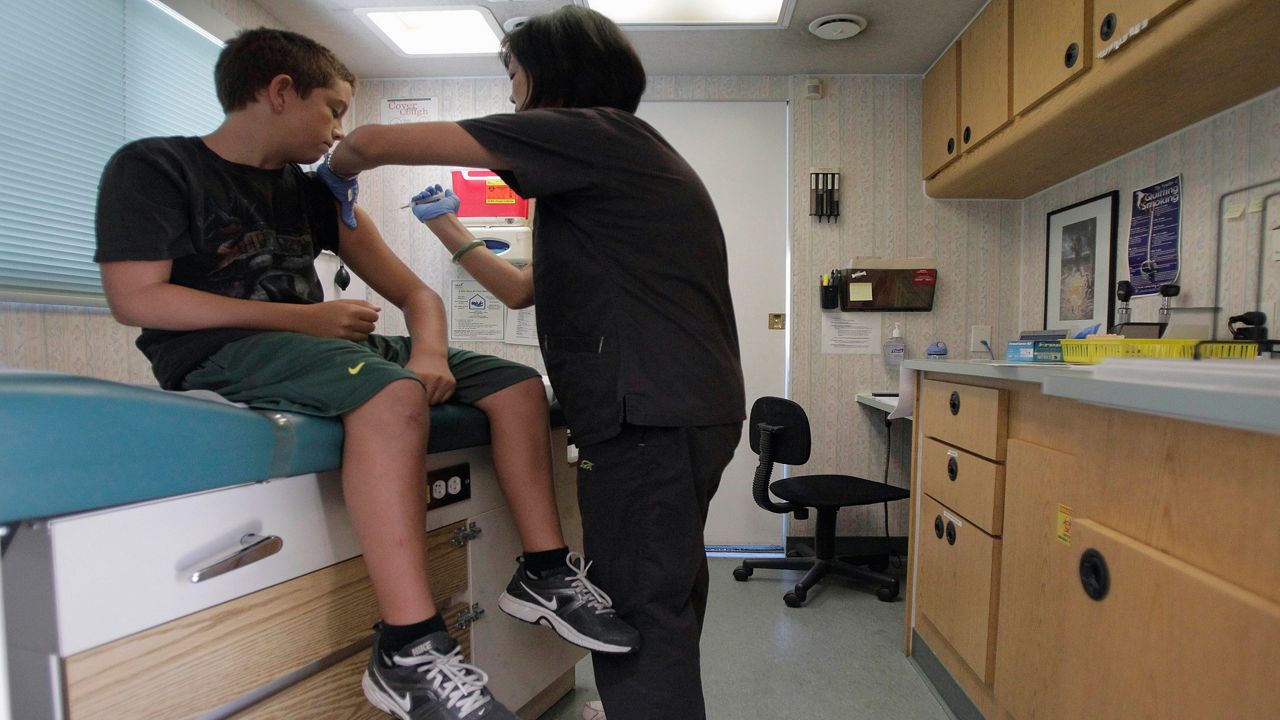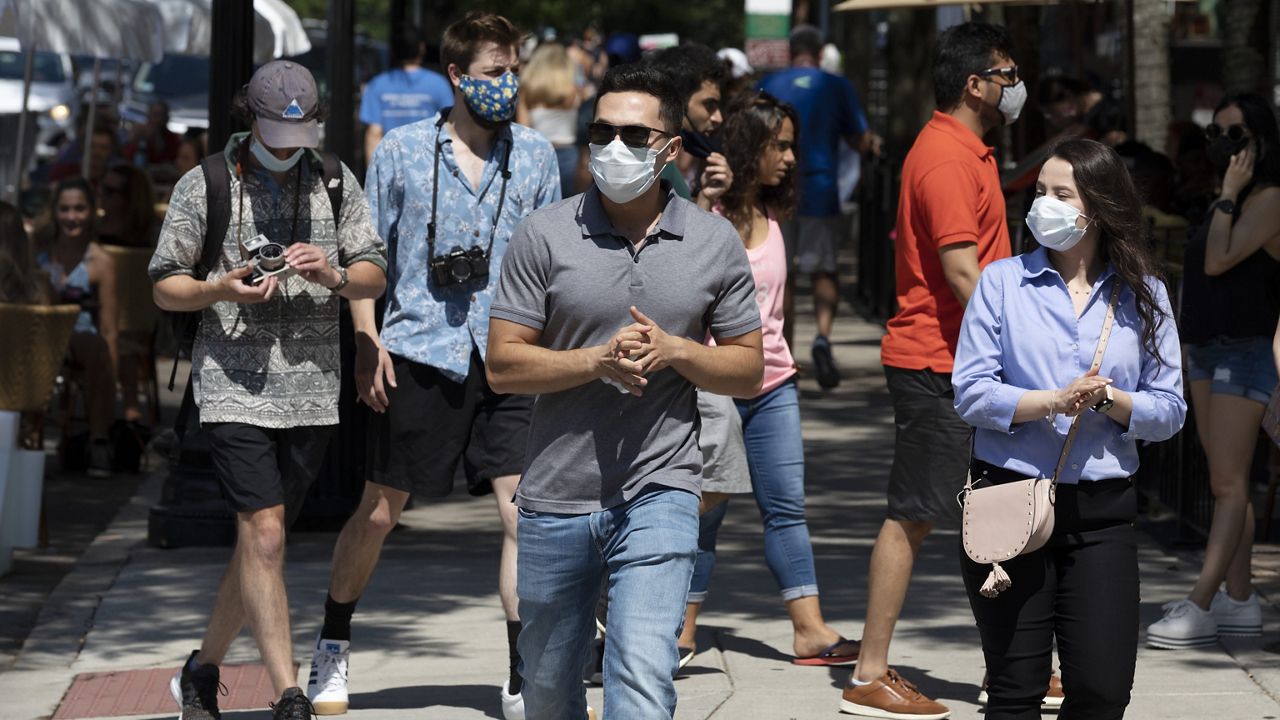ST. LOUIS–Whooping cough, or pertussis, is rapidly spreading across the state. Medical professionals say the rise to pre-pandemic numbers is indicative of a national trend.
According to the Center for Disease Control, there’s been 582 reported cases of pertussis in Missouri this year – 10 times more patients than last year’s 58 cases.
The uptick in cases was somewhat expected, said Dr. Joshua Arthur, a pediatrician and associate professor of pediatrics and health care ethics at Saint Louis University’s School of Medicine.
“It tends to show up and probably every three-to-five year cycles,” Arthur said. “Three to five years ago, we were masking in 2020 and in 2021. That may have muted the last outbreak, meaning there's less people with the immune system protection… which may explain why the numbers are particularly high this year.”
Whooping cough outbreaks in St. Louis County are disproportionately high, with 225 reported cases this year. But that doesn’t mean the virus isn’t as common in other parts of the state, said St. Louis County Health Department Senior Epidemiologist Amanda Brzozowski.
Medical practices have different testing protocol, and one Missouri Baptist pediatric office is testing for pertussis more regularly than others.
“They test every patient that walks in with with consistent symptoms… there was a time where they were sending us five or six cases a day,” Brzozowski said during a Public Health Advisory board meeting. “If other pediatrics offices tested the same way, I can’t even imagine what those numbers would look like.”
Infants and children are the most susceptible to the infection, often experiencing coughing fits that cause shortness of breath or vomiting. It’s most severe for infants, who aren’t easily treated with antibiotics, said pediatrician Dr. Arthur.
“I can't overstate the risk of the zero-to-two-month olds getting pertussis,” Dr. Arthur said. “And one of the main reasons that we vaccinate pregnant women is to prevent them from giving their newborns pertussis and then one of the reasons we vaccinate older kids is because kids frequently have siblings…We don't want anybody in society to get sick, but I think a lot of our measures are really oriented towards protecting babies.”
But vaccines aren’t a perfect solution to preventing the spread of whooping cough, Dr. Arthur said. Teens who were vaccinated during childhood lose immunity each year since the shot, which often causes outbreaks in high schools.
“So yes, vaccines are relevant… however, pertussis can still spread throughout vaccinated communities, although probably not as fast,” Dr. Arthur said. “All of us are probably more cautious right now than we would be at other times of the year. We know that even if it's not pertussis, many of the children are bringing in one contagious disease or another.”
Doctors suggest pertussis testing as soon as symptoms start, followed by antibiotics or quarantine for up to 21 days while the infection is contagious.









